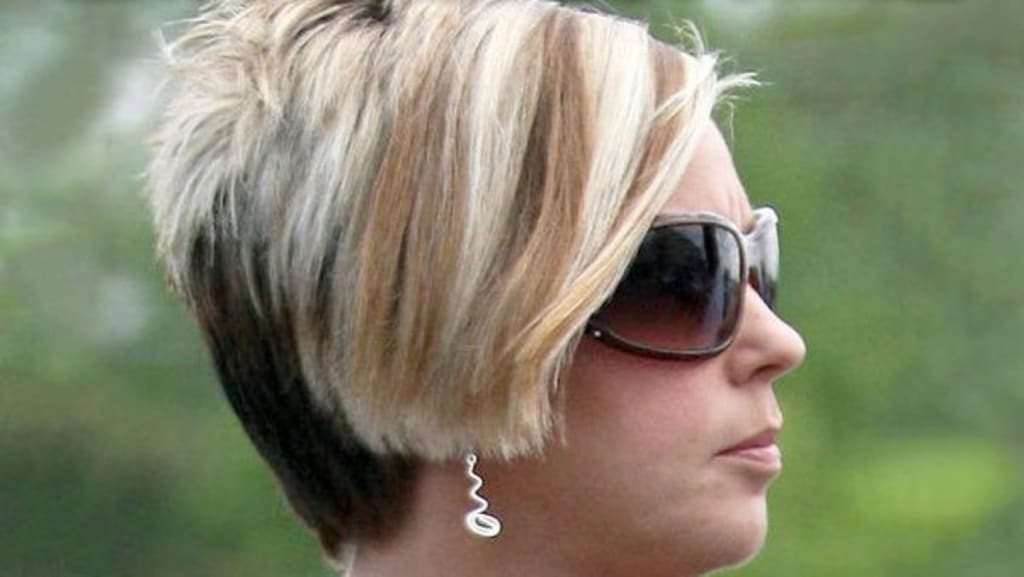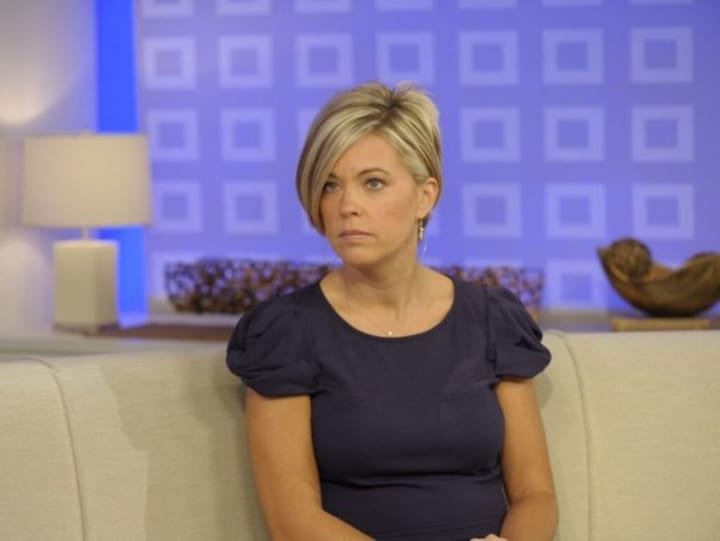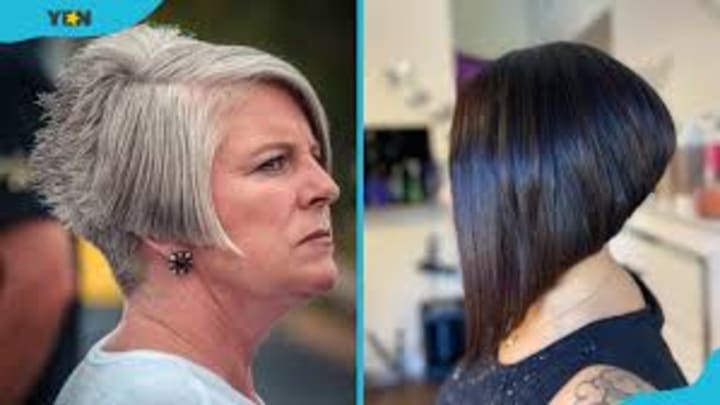The Karen Phenomenon: Unpacking the Origins and Implications of a Modern Slang Term
Who is this mysterious 'Karen' person anyway?

It has become a word widely used in memes and on social media to refer to a certain kind of person who exhibits an entitled, demanding behaviour. The origin, the history and context, and the different ramifications of the ‘Karen’ phenomenon are the focus of this article.
Origins and Evolution of the Term "Karen"
While the slang term ‘Karen’ was certainly first popularised in the United States during the 2010s (primarily on message boards, social media, and other meme culture), exactly where and when the term originated remains somewhat murky. Slang terms seem to morph in real time before we even recognize they’ve changed, much less know why or when. In its often-current usage, though, ‘Karen’ generally represents a brand of behaviour by a middle-aged white woman, who is deemed self-entitled, demanding, and is inclined to demand her (white) privilege to assert jurisdiction over one or another perceived situation.

One of the first, well-established memes about the nature of the ‘Karen’ is the desire to talk to the manager of a business. You’ll notice that even in the original archetypal stories, her motivation is entitlement, it’s that her complaints must be treated as the highest business priority and resolved however she likes. It’s no accident that this arises in customer service contexts, where you’ll often see a ‘Karen’ wrap her entitlement up in authoritative rhetoric to ask, ‘Can I speak to the manager, please?’ (Note how the threshold of escalation—talking to a manager, the employee’s nominally higher-ranking superior—is expressive of that entitlement; of how someone who’s handled 100 other issues already has been, for whatever reason, relegated to second-class status and is insufficiently attentive to her disorderly children; of ‘Can you come here right now and take charge, especially for me?’) Talking to the manager immediately became part of the lexicon of literal memes of bad ‘Karenish’ (and ‘Kevinish, in the case of males’) behaviour.

Is the Term Racial or Gendered?
While such labeling is often racialized because it is white women who get their own identity element, to identify this type merely as a white person is to get it wrong. In general, Karen is really about behavior and attitude, not race – but that doesn’t mean it is immune to becoming racialized. And that is often because it does reflect the realities of power and privilege.

Does the Term Apply Only to Women or Middle-Aged Individuals?
While ‘Karen’ has emphatically become gendered, feminized, and womanly, at least in colloquial usage, no male can be safe from being labeled ‘a Karen’. What happens if a man begins acting in a demanding, entitled, excessive manner complete with rude behavior? Being a Karen is not necessarily limited to women. In fact, although not explicitly clear from the etymology, being a Karen also does not obviously require you to be a woman. However, men who behave similarly entitled and demanding ways can be reduced to precisely the same stereotype – becoming ‘Karens’ themselves. Being a Karen isn’t confined to middle age either.
The Karen Stereotype and Misogyny
Used as a biological essentialist category, the label can routinely be used as another way to police the socially constructed standards and expectations surrounding women, including women of a certain age. At worst, it can be a step towards more overtly violent forms of misogyny by other means. Dismissing it as merely a sign of a current fad disregards its wider social references and relevance. However, it is primarily a universal indicator, reaching across different races and ethnicities, as well as age, and is used to describe a female. Using ‘Karen’ as a biological essentialist category automatically runs the risk of being sexist.

The Karen Haircut and Other Stereotypes
The ‘Karen haircut’ – a blonde, angled bob cut short at the back—is another common stereotype. It is also a good example of a stereotype being entrenched as a joke, since very few of the memes featuring Karen hairstyles are serious.
Misuse and Abuse of the Term
Another problem with terms like ‘Karen’, as with many cultural memes and slang terms, is their susceptibility to misuse and abuse. By this, I mean that some kinds of use might be entirely inappropriate to criticize the behavior they aim to criticize, or they might be directed at completely different targets. When this happens, they risk a loss of meaning or unintended consequences.
To sum up, ‘Karen’ is one of the latest additions to the cultural and linguistic landscape of the 21st century. It is a term that poses questions about entitlement and privilege, issues that need to be discussed, but is helped along by a catchy and useful shorthand. Yet it also requires nuanced use and understanding, since this is a particularly fraught term. If we get better at analysing the range of possibilities in individual cases, we might realise, for example, that using 75 or any other age as the cut-off for entitlement is rather arbitrary. To do so may perpetuate a view of the woman over 40 – and women as a whole – as overly concerned with trivial matters and maybe incompetent too. In other words, Karen-like.
About the Creator
Enjoyed the story? Support the Creator.
Subscribe for free to receive all their stories in your feed. You could also pledge your support or give them a one-off tip, letting them know you appreciate their work.





Comments
There are no comments for this story
Be the first to respond and start the conversation.